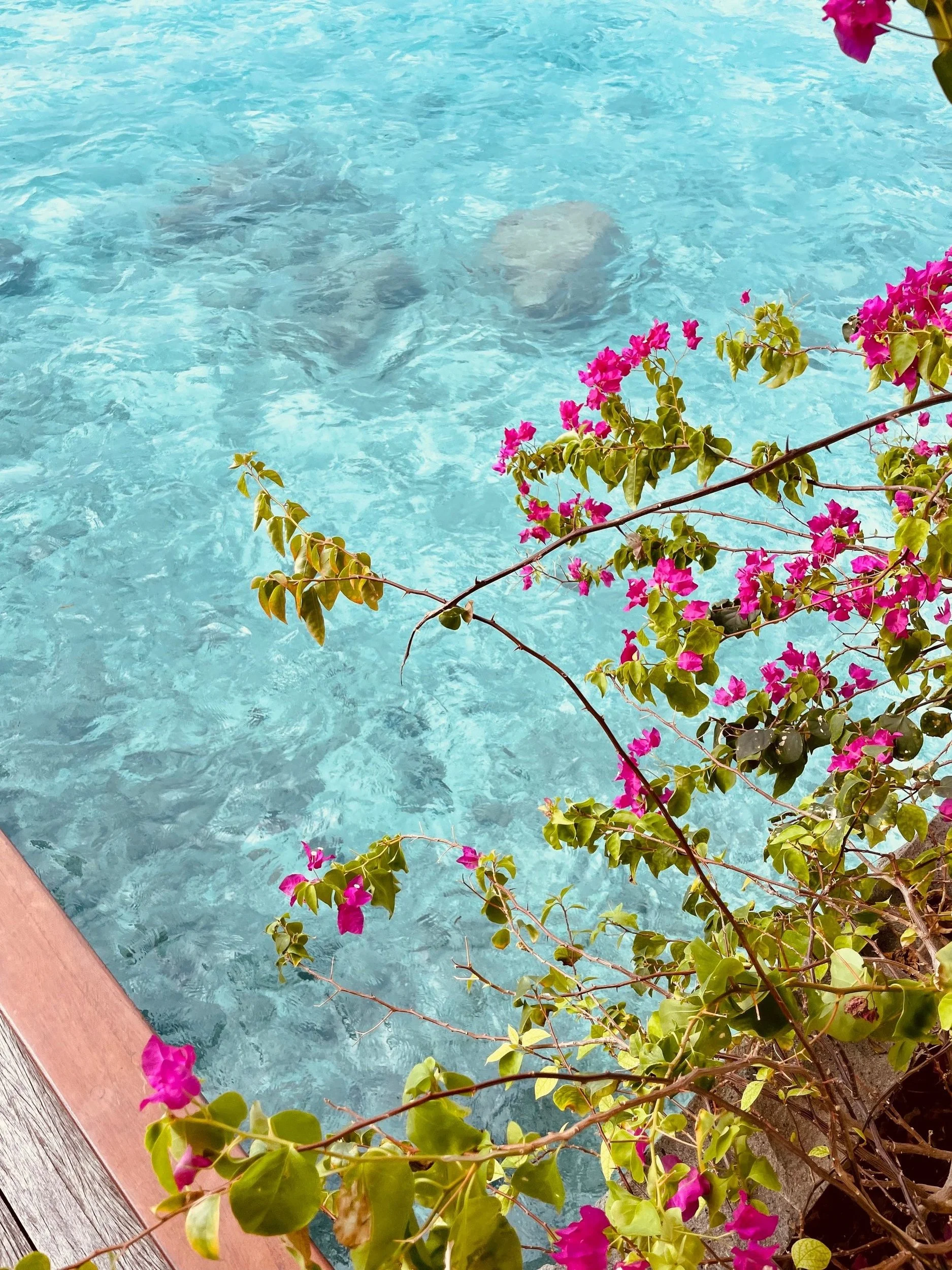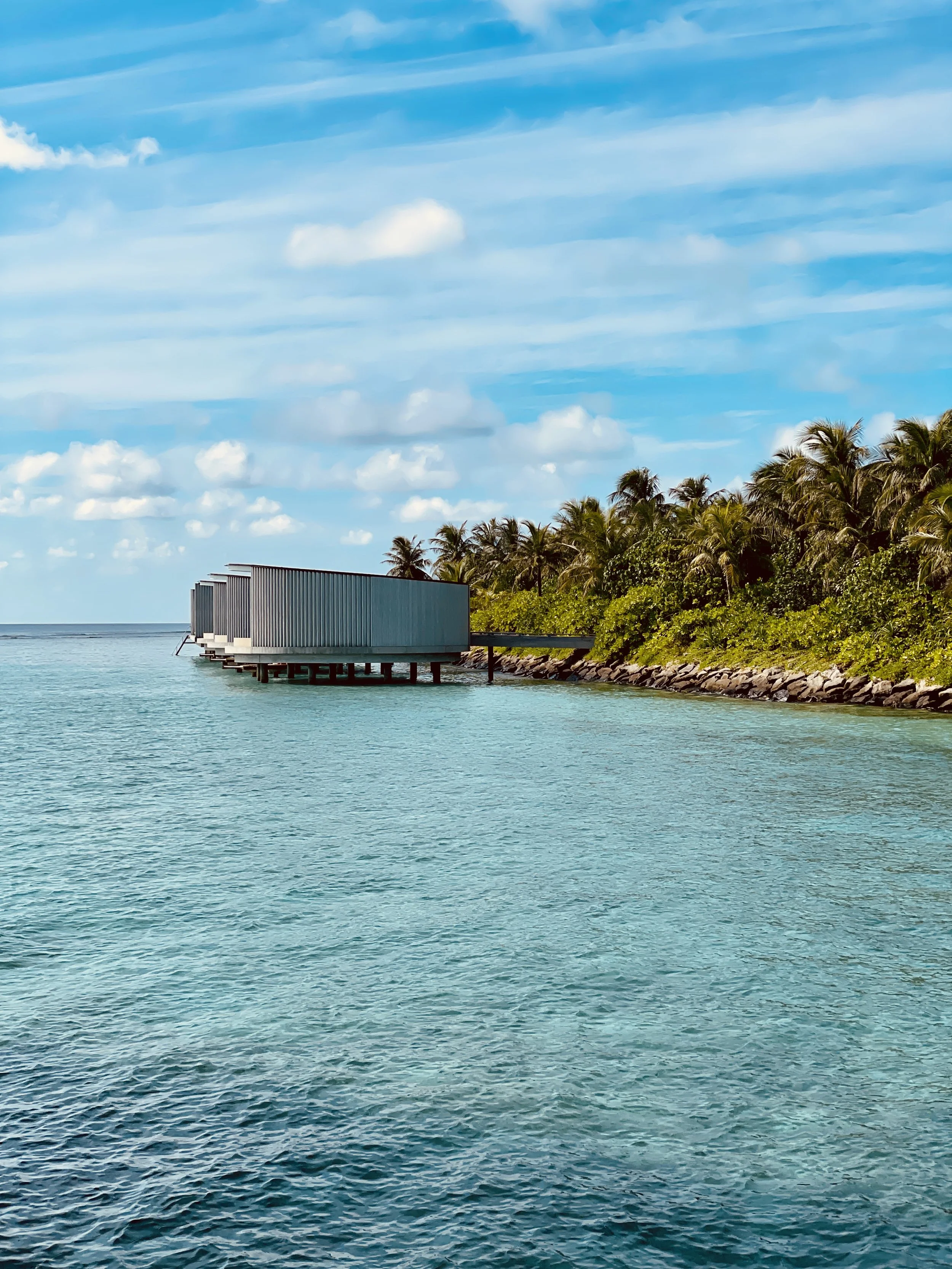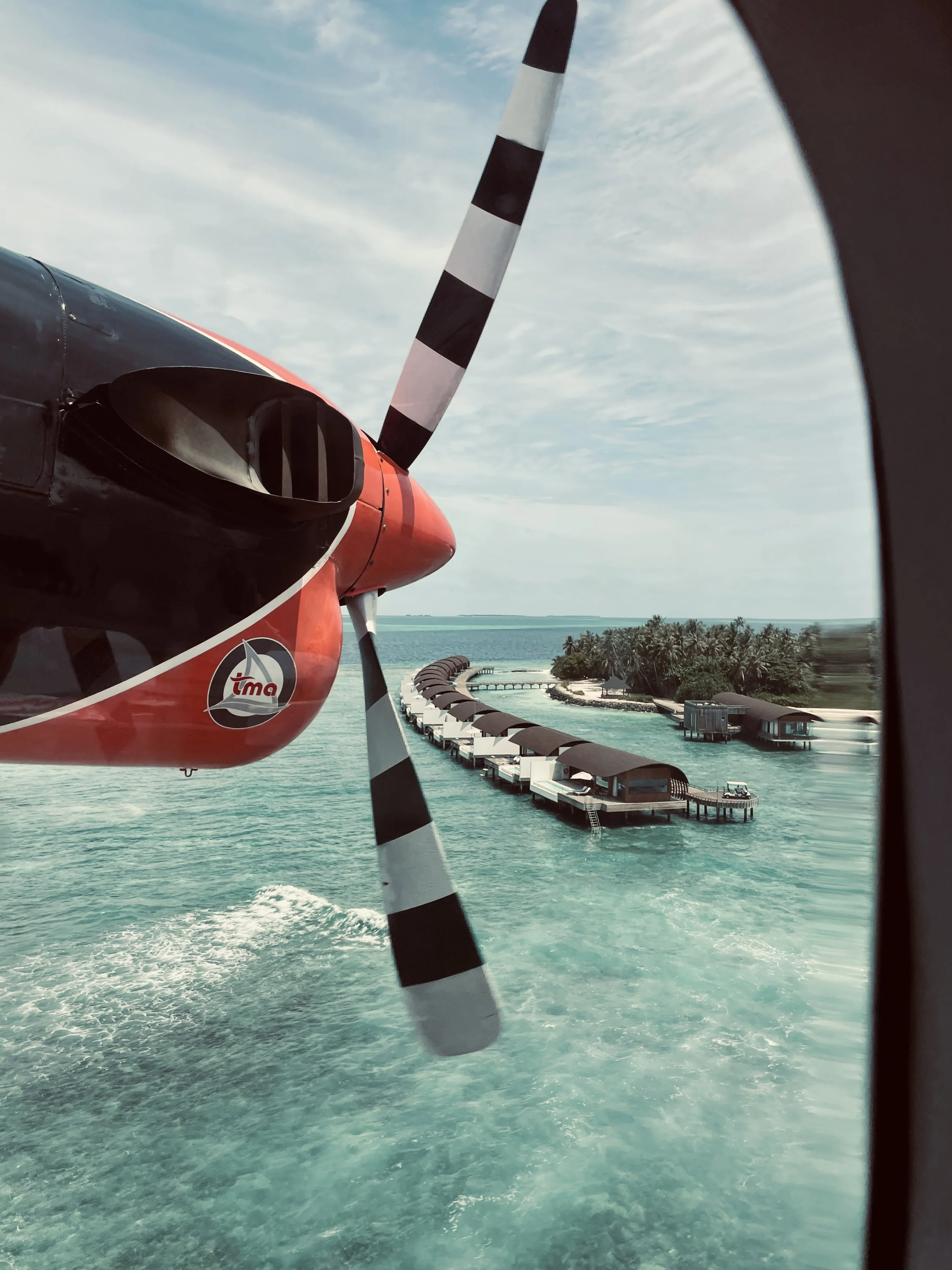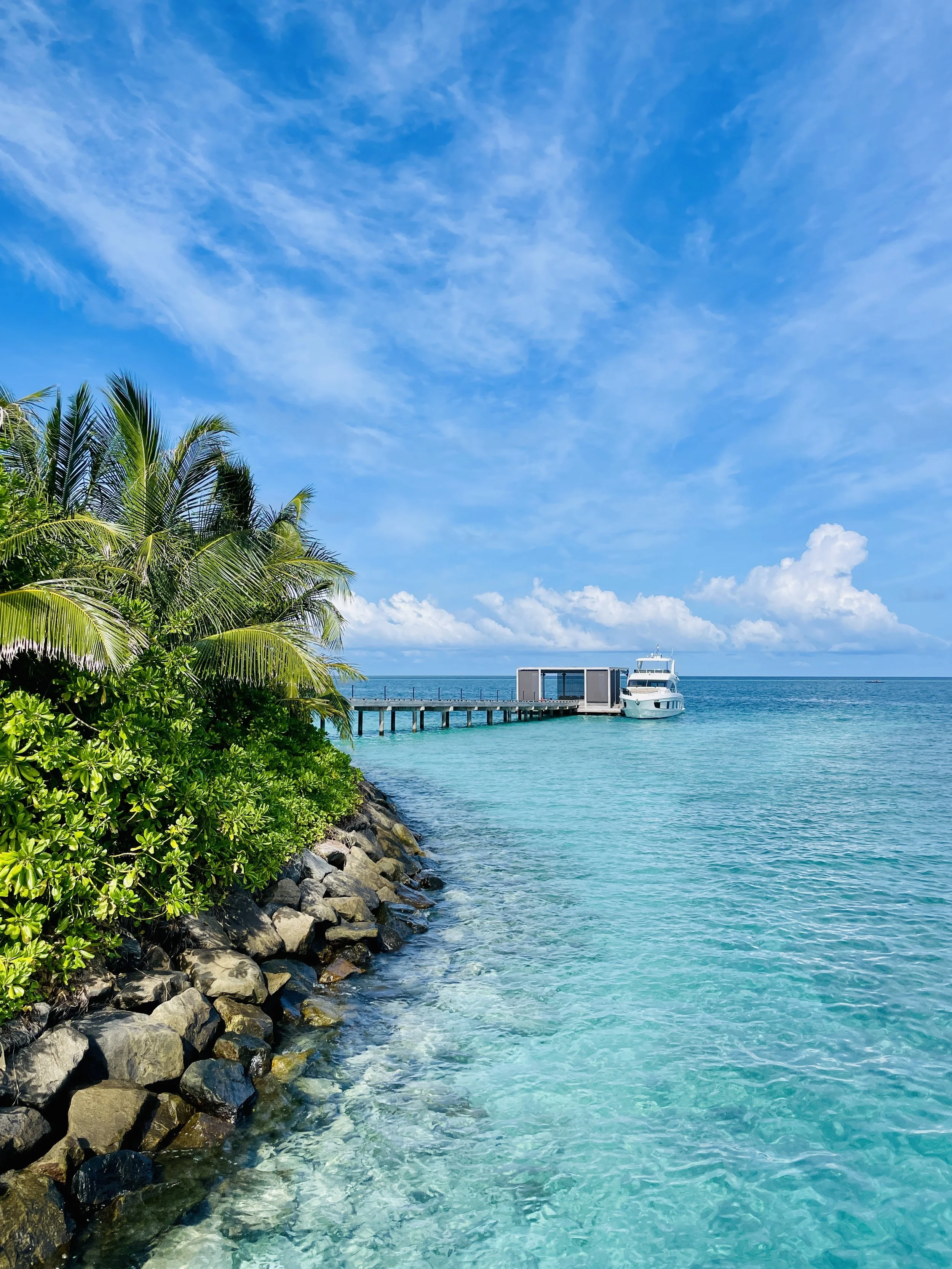Maldives Travel Tips: What to Know Before You Go
Maldives Travel Tips: What to Know Before You Go
words: Sophie Alexander-Osman
photography: Sophie Alexander-Osman
published: June 5, 2025

Planning a trip to the Maldives? This Indian Ocean paradise is every bit as beautiful as the photos suggest — turquoise lagoons, powder-soft sand, and the kind of serenity you only find when you’re miles from anywhere. But behind the dreamy scenes are a few practical things worth knowing before you go. From how seaplane transfers really work to what to pack (and what not to), local customs, tipping etiquette, and choosing the right island — this guide covers everything you need to help you plan the trip properly and make the most of your time in the Maldives.
When Is the Best Time to Visit the Maldives?
The Maldives is a year-round destination, but the best time to visit is during the dry season, from November to April. Expect blue skies, calm seas, and higher prices. The wet season, from May to October, brings occasional storms and lower rates — still beautiful, just more unpredictable. If you're looking for fewer crowds and better value, late May or early June can be ideal.
Do You Need a Visa for the Maldives?
No advance visa is required. Tourists from most countries, including the UK, EU, and UAE, receive a 30-day visa on arrival, free of charge. Just make sure your passport is valid for at least six months from your arrival date, and you’ll need proof of accommodation and onward travel.
How Do You Get to the Maldives?
You’ll fly into Velana International Airport in Malé, the capital. From there, you’ll transfer to your resort either by speedboat (if nearby) or seaplane (if further out). Resorts usually arrange this for you, but it’s worth confirming details — especially since seaplanes only operate during daylight hours. If your flight arrives late, you may need to stay in Malé overnight.
What to Pack for the Maldives
Keep it simple: light, breathable clothing, swimwear, and reef-safe sunscreen are essentials. For resorts, resort wear is the norm — think kaftans, linen, and swimwear you can throw a dress or shirt over for lunch. If you’re visiting a local island, you’ll need to dress modestly — shoulders and knees covered.
Understanding the Resort Islands
Each resort in the Maldives occupies its own island, so your experience will vary widely depending on where you stay. Overwater villas are iconic, but beach villas offer privacy and often better access to swimming. Some resorts are all-inclusive, while others are full board or à la carte. Research carefully — not all “all-inclusives” include everything.
Money and Costs in the Maldives
The local currency is the Maldivian Rufiyaa, but US dollars are accepted almost everywhere in resorts. Credit cards are widely used. Tipping isn’t mandatory but is appreciated — most people leave $1–$5 per service. The Maldives isn’t cheap, but costs vary depending on your resort, board basis, and transfers. Factor everything in when budgeting.
Is the Maldives Worth Visiting?
Absolutely — if you know what kind of trip you want. It’s perfect for honeymoons, romantic escapes, or total switch-offs. It’s less ideal for fast-paced sightseeing or solo budget travel. That said, the experience of waking up to an endless blue horizon is worth every minute.
Local Culture and Customs
The Maldives is a Muslim country, and while resorts operate independently, local islands are more conservative. Alcohol is only served at resorts. If you’re visiting Malé or any inhabited island, dress modestly and respect local customs.
Connectivity and Wi-Fi
Most resorts offer Wi-Fi, though the quality can vary — don’t expect lightning-fast speeds. If you need a stronger connection, pick up a local SIM at the airport (e.g. Dhiraagu or Ooredoo). That said, many people come to disconnect — and it’s a good place to do exactly that.
Sustainable Travel in the Maldives
The Maldives is one of the countries most affected by rising sea levels. Many resorts are becoming more eco-conscious, with coral planting, solar power, and reduced plastic. If this matters to you, look for eco-certified resorts and choose reef-safe sunscreen.
RELATED POSTS







